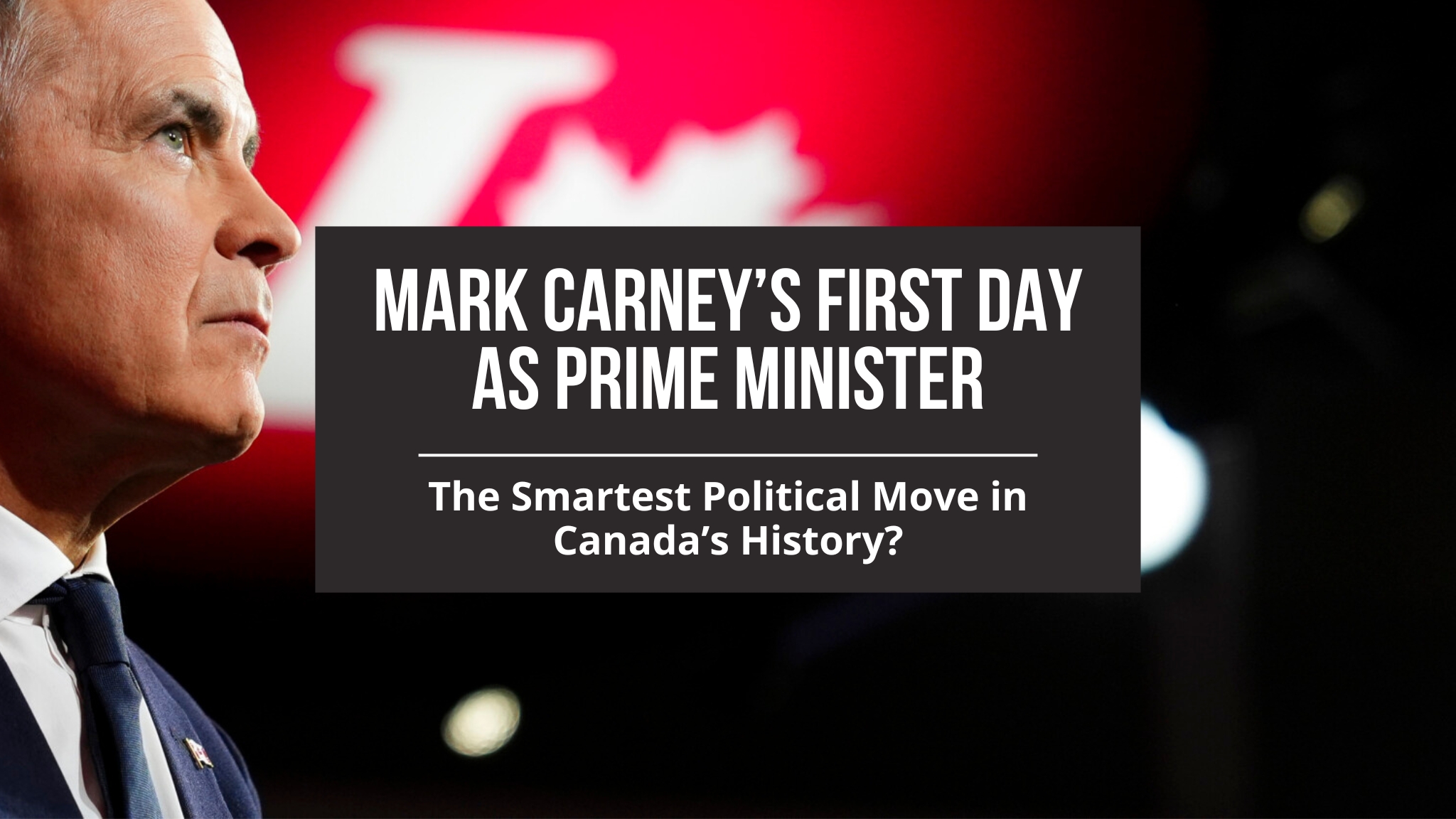In this article
-
1. Mark Carney’s First Day as Prime Minister
-
2. A Cabinet Built for Economic Warfare—Not Politics
-
3. Key Appointments and What They Really Mean
-
4. Carney’s First Power Move: Killing the Carbon Tax
-
5. The Trade War Strategy: A Direct Challenge to Trump’s America
-
6. The Hidden Election Strategy: Carney’s “100-Day Blitz”
-
7. Can Carney Win Over Canadians?
-
8. Final Verdict: A Political Masterstroke or a Gamble?
